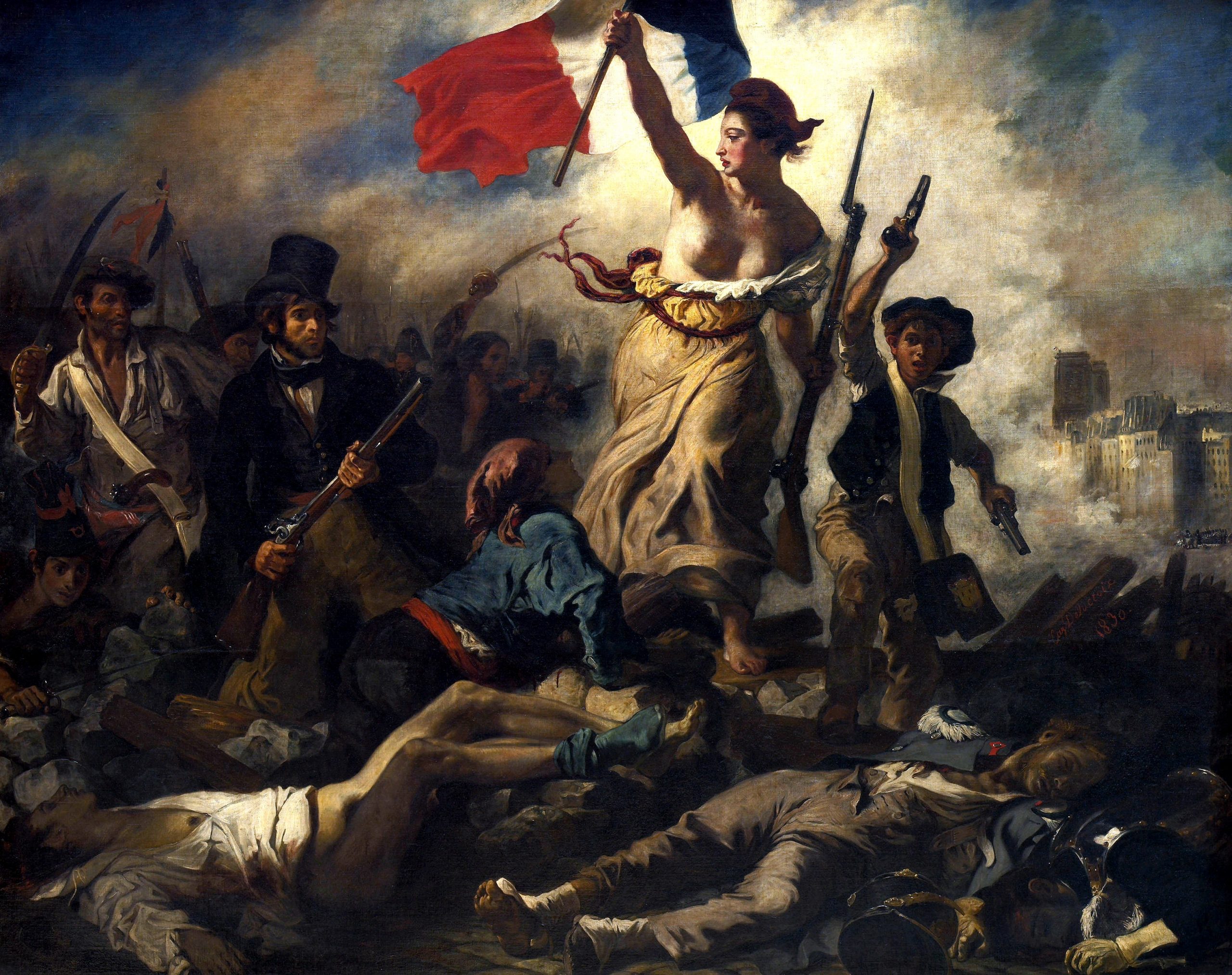
Humans purposefully act every day and all the time. They act differently, however, every single time, as they are all immersed in a changing environment.[1] As such, all actions are different, at least, according to time, where ‘time’ here is intended as conventional and landscape-time (meaning, the natural flow of events).[2] Instead, from a human perspective, it is the action taken that determines the perception of time flow and the related awareness and meaning of time change.[3] This is a flat way to understand different types of actions, however, because the order in which actions are executed does not tell anything about their different nature, that is, the type of causal events they are immersed and part of in relation to some desired effect to be determined.
As Ludwig von Mises argued, human action is based on the premise of change: “Human action is purposeful behavior. Or we may say: Action is will put into operation and transformed into agency, is aiming at ends and goals (…) [human action] is a person’s conscious adjustment to the state of the universe that determines his life.”[4] Although all actions are taken according to specific dispositional belief, that is, according to a given intention formulable in a sentence in which the factual components indicate the desired state of affairs to be reached,[5] they can be classified according to what piece of reality they are intended to bring change.
Preconditions and Premises for Understandability of Human Actions
The best way to understand the different typologies of actions is to divide them into causal/effect categories. Any purposeful human action is rationally calculated in function of given desired effects intended to be reachable through a given intention to be fully translated into the realm of extension.[6] For understanding how humans act, it is necessary to assume that they know how they can make a meaningful difference in the world of the extension.[7] In other words, they assume that they can translate their intentions into proper action, where the action is causally determined by a correspondent state of the mind, whose factual determination is also the definition of the goal to be achieved through the action itself.[8] It is assumed that any mental state is part of a chain of causes whose result is action and its associated state of mind.[9]





